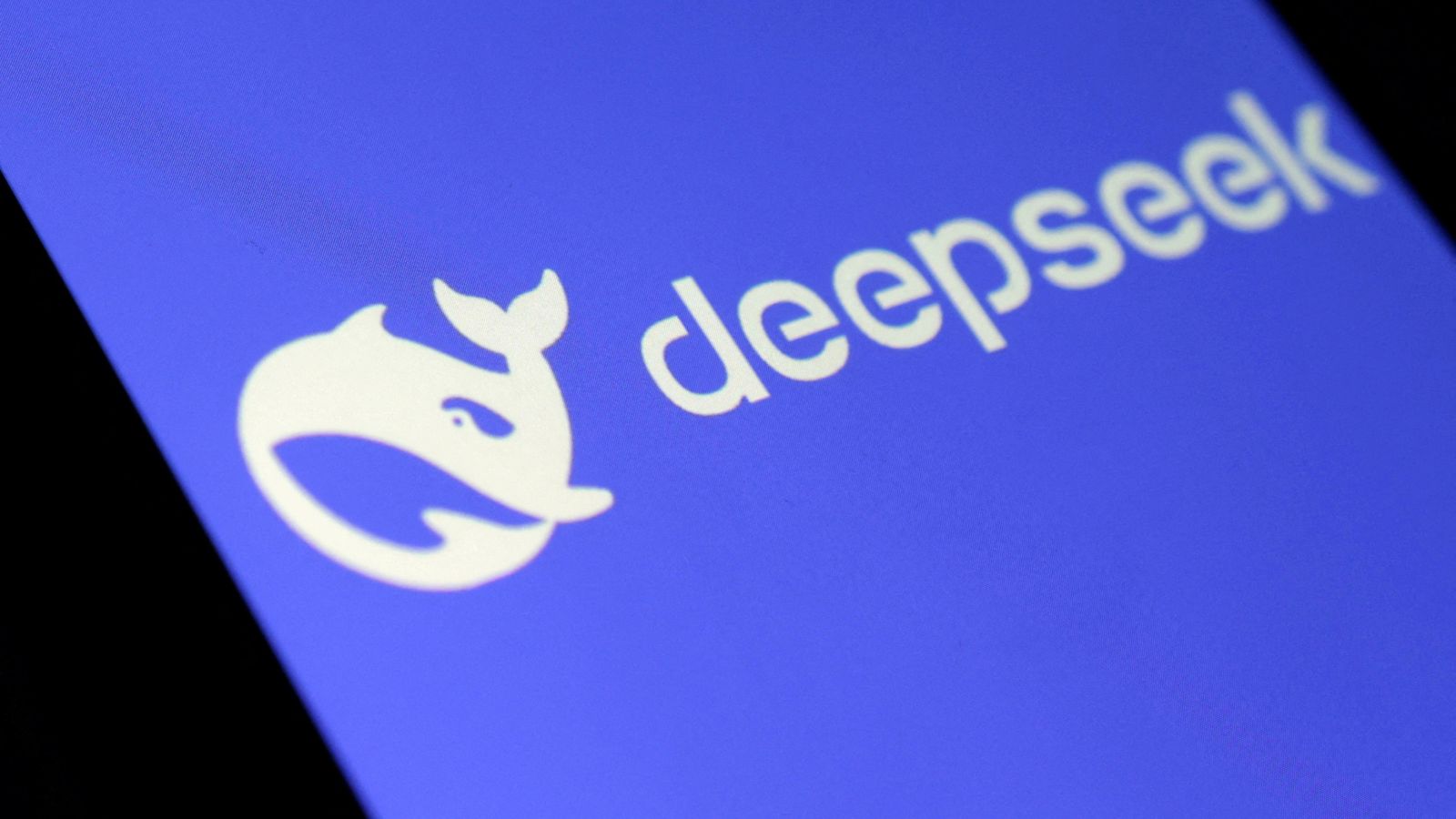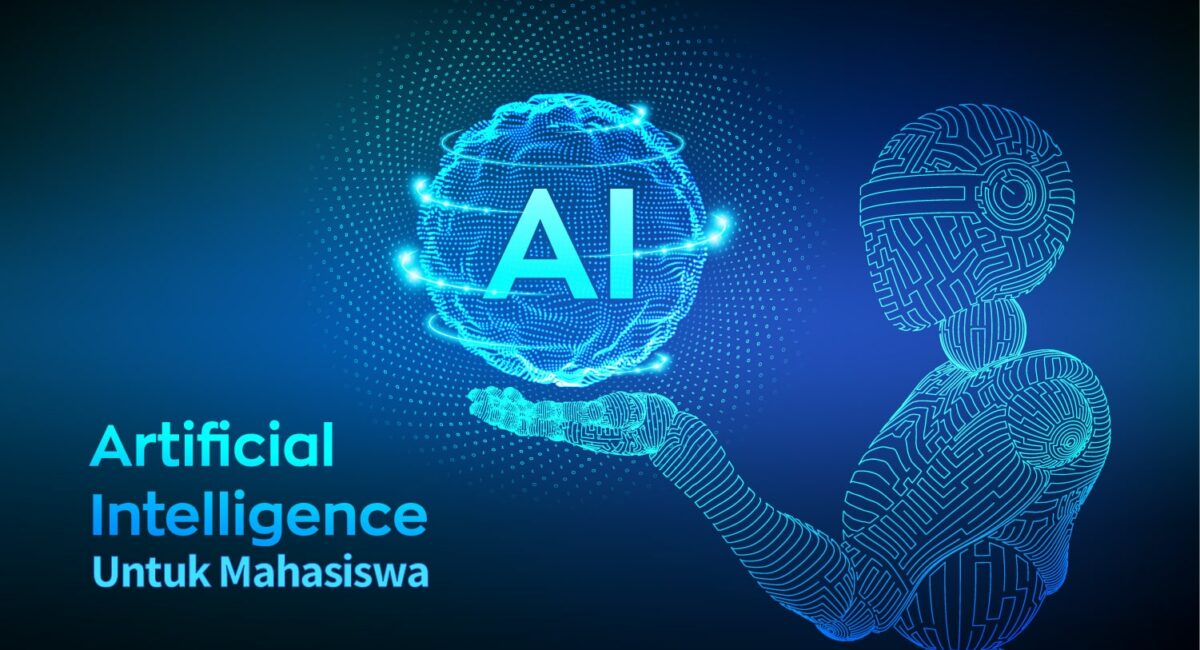
Richard Whittle gets funding from the ESRC, Research England and was the recipient of a CAPE Fellowship.

Stuart Mills does not work for, consult, own shares in or receive funding from any business or organisation that would gain from this short article, and has divulged no appropriate associations beyond their academic consultation.

Partners
University of Salford and University of Leeds provide funding as founding partners of The Conversation UK.
View all partners
Before January 27 2025, it's fair to say that Chinese tech business DeepSeek was flying under the radar. And after that it came drastically into view.

Suddenly, everybody was talking about it - not least the investors and executives at US tech firms like Nvidia, Microsoft and Google, which all saw their company values topple thanks to the success of this AI startup research lab.
Founded by an effective Chinese hedge fund manager, the laboratory has taken a various method to synthetic intelligence. Among the major differences is cost.
The advancement costs for Open AI's ChatGPT-4 were stated to be in excess of US$ 100 million (₤ 81 million). DeepSeek's R1 model - which is used to generate material, solve reasoning problems and develop computer code - was apparently made utilizing much less, less effective computer chips than the likes of GPT-4, leading to expenses claimed (however unproven) to be as low as US$ 6 million.
This has both financial and geopolitical impacts. China is subject to US sanctions on importing the most advanced computer chips. But the fact that a Chinese start-up has actually had the ability to construct such an innovative design raises questions about the efficiency of these sanctions, and whether Chinese innovators can work around them.
The timing of DeepSeek's new release on January 20, as Donald Trump was being sworn in as president, indicated a difficulty to US dominance in AI. Trump reacted by explaining the moment as a "wake-up call".
From a financial point of view, the most obvious impact may be on consumers. Unlike rivals such as OpenAI, which just recently started charging US$ 200 monthly for access to their premium models, DeepSeek's comparable tools are currently totally free. They are also "open source", allowing anyone to poke around in the code and reconfigure things as they wish.
Low costs of development and efficient usage of hardware appear to have managed DeepSeek this expense advantage, and have actually already forced some Chinese rivals to lower their costs. Consumers ought to prepare for lower expenses from other AI services too.
Artificial investment
Longer term - which, in the AI market, can still be incredibly soon - the success of DeepSeek could have a huge effect on AI investment.

This is because so far, nearly all of the big AI business - OpenAI, Meta, Google - have actually been having a hard time to commercialise their models and pay.
Previously, this was not necessarily a problem. Companies like Twitter and Uber went years without making profits, prioritising a commanding market share (great deals of users) rather.
And business like OpenAI have been doing the same. In exchange for constant investment from hedge funds and other organisations, they assure to build even more effective designs.
These designs, the service pitch most likely goes, will massively improve efficiency and after that success for organizations, which will end up happy to pay for AI products. In the mean time, all the tech companies need to do is gather more information, buy more powerful chips (and more of them), and develop their models for longer.
But this costs a great deal of cash.
Nvidia's Blackwell chip - the world's most powerful AI chip to date - expenses around US$ 40,000 per system, and AI companies often require 10s of thousands of them. But up to now, AI companies have not really had a hard time to attract the essential investment, even if the amounts are substantial.
DeepSeek might alter all this.
By showing that developments with existing (and perhaps less sophisticated) hardware can attain similar efficiency, it has provided a warning that throwing money at AI is not ensured to pay off.
For example, prior to January 20, it may have been presumed that the most innovative AI models require huge data centres and other facilities. This suggested the similarity Google, Microsoft and OpenAI would deal with restricted competitors since of the high barriers (the huge cost) to enter this industry.
Money concerns
But if those barriers to entry are much lower than everyone thinks - as DeepSeek's success suggests - then numerous huge AI investments suddenly look a lot riskier. Hence the abrupt result on huge tech share costs.
Shares in chipmaker Nvidia fell by around 17% and ASML, which creates the machines required to make sophisticated chips, also saw its share cost fall. (While there has been a minor bounceback in Nvidia's stock rate, it appears to have actually settled listed below its previous highs, showing a new market truth.)
Nvidia and ASML are "pick-and-shovel" companies that make the tools required to develop an item, rather than the product itself. (The term originates from the idea that in a goldrush, the only individual guaranteed to make cash is the one offering the choices and shovels.)
The "shovels" they offer are chips and chip-making devices. The fall in their share rates came from the sense that if DeepSeek's much cheaper method works, the billions of dollars of future sales that financiers have priced into these companies may not materialise.
For the similarity Microsoft, annunciogratis.net Google and Meta (OpenAI is not publicly traded), the cost of building advanced AI may now have fallen, implying these companies will need to invest less to stay competitive. That, for them, might be a good idea.
But there is now doubt regarding whether these business can effectively monetise their AI programmes.
US stocks make up a traditionally large portion of global investment today, and technology business make up a historically large percentage of the value of the US stock market. Losses in this market might require financiers to sell other financial investments to cover their losses in tech, resulting in a whole-market decline.
And it should not have come as a surprise. In 2023, a dripped Google memo cautioned that the AI market was exposed to outsider disruption. The memo argued that AI business "had no moat" - no protection - against rival models. DeepSeek's success might be the evidence that this holds true.








